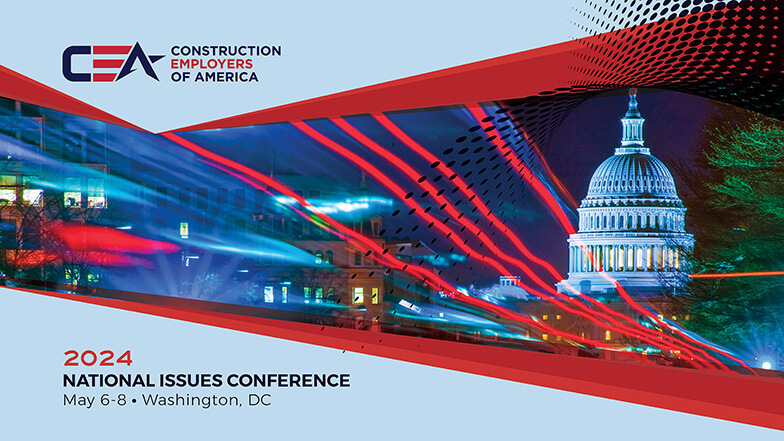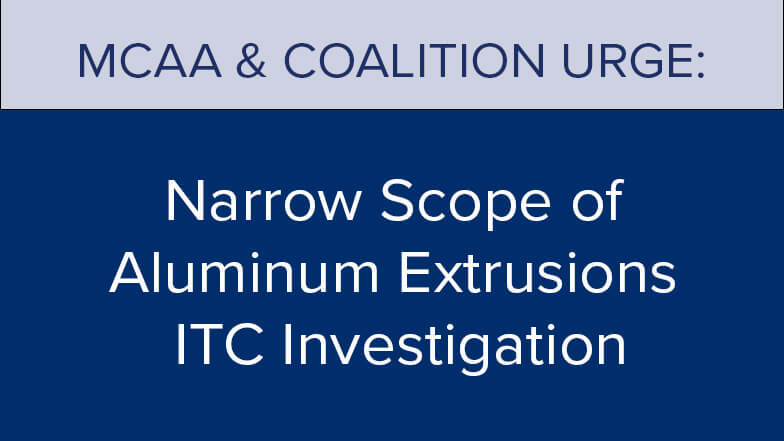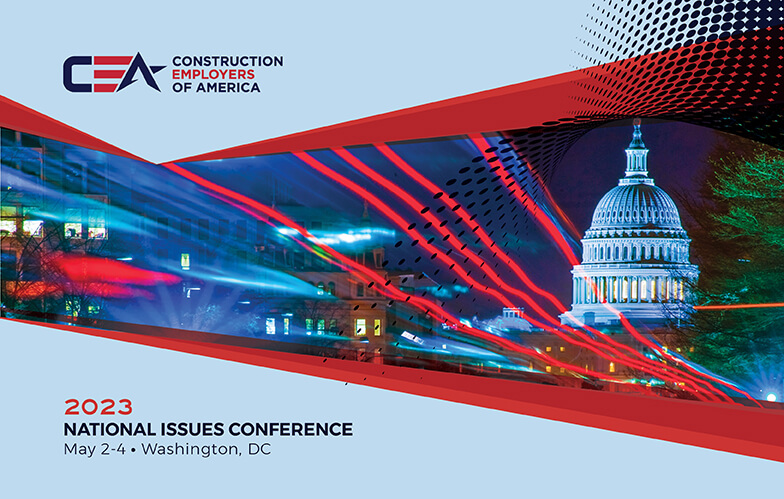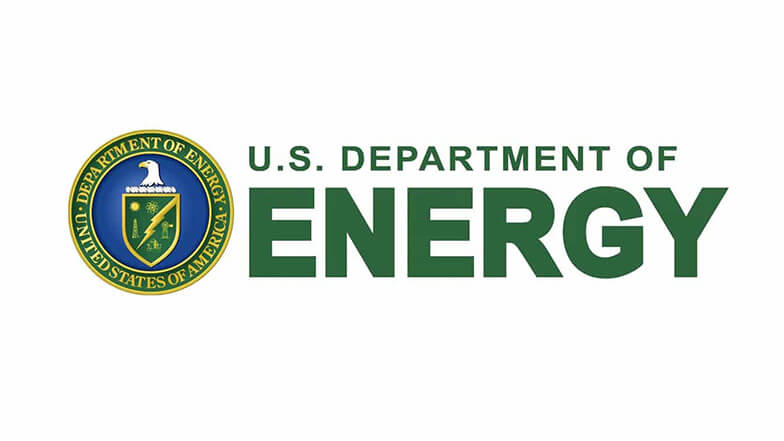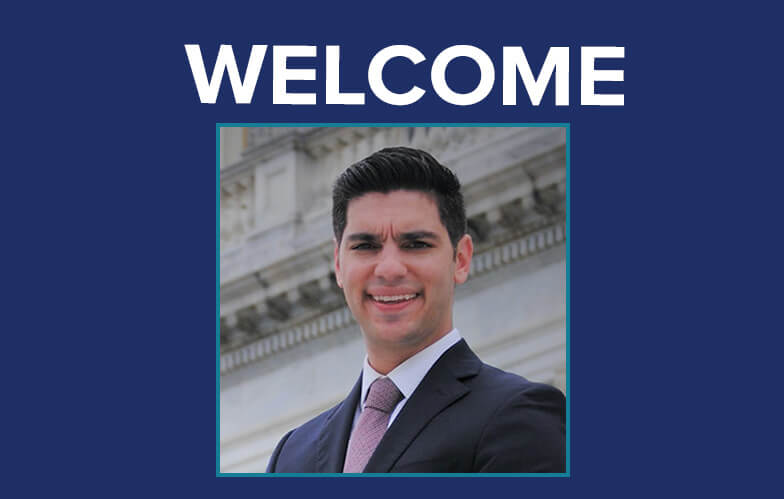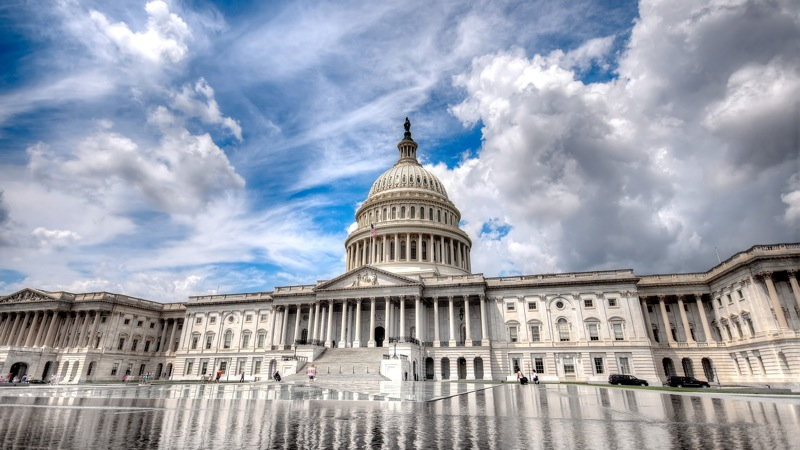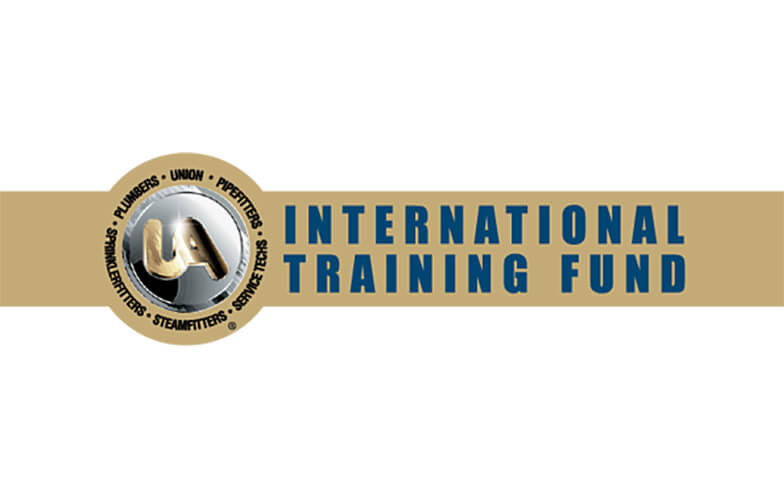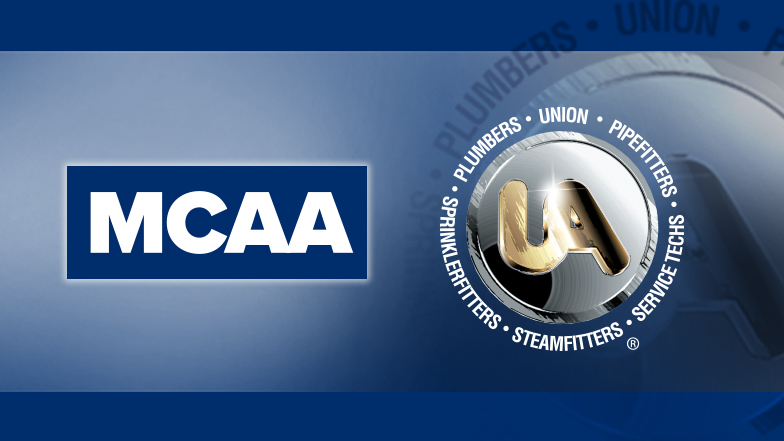The Safer Federal Workforce (SFW) Task Force issued more detailed compliance guidance for direct Federal prime contractors and subcontractors performing on direct Federal contracts subject to the COVID-19 employee vaccination mandates under the Biden Administration’s Executive Order 14042. Below is a MCAA summary of the “new” Frequently Asked Question guidance issued on November 1, 2021. They are marked “New” on the SFW Task Force website linked below.
Compliance
Q: What steps should a covered contractor take if a covered contractor employee refuses to be vaccinated?
Answer Summary – If the recalcitrant worker has not requested an accommodation, and no such request is pending, then the guidance says the employer should resort to the terms of their employee handbooks or applicable bargaining agreements for the appropriate disciplinary steps. It refers to the progressive discipline procedures used for Federal personnel for example. During the pendency of the applicable process, the guidance suggests, the worker’s continued presence on the covered workplace must be in compliance with safety protocols for unvaccinated workers.
Q: What steps should an agency take if a covered contractor does not comply with the requirements in the Task Force’s Guidance for Federal Contractors and Subcontractors?
Answer Summary – The answer says the agency should work with contractors who are trying in good faith to meet compliance challenges. On the other hand, the answer suggests, if the contractor is not taking steps to comply, the agency should consider significant actions, such as contract termination.
Vaccination and Safety Protocols
Q: If a corporate affiliate of a covered contractor does not otherwise qualify as a covered contractor, are the employees of that affiliate considered contractor employees subject to COVID-19 workplace safety protocols for Federal contractors established through the Task Force Guidance?
Answer Summary – The answer says that if the two entities are in a joint control relation with each other or a third party, then employees of the non-covered affiliate are considered contractor employees when working at a covered worksite.
Q: If the workplace where a covered contractors employees perform work on or in connection with a covered contract is a location owned, leased, or otherwise controlled by a corporate affiliate of a covered contractor that does not otherwise qualify as a covered contractor under Task Force guidance, is the workplace considered a covered contractor workplace?
Answer Summary – Again, assuming a control relationship among the entities, if an employee of a covered contractor is likely to be present during the term of the covered contract at the 3rd party site, then that site is considered a covered contract workplace.
Q: If a covered contractor can access a covered contractor employee’s vaccination documentation, consistent with relevant privacy laws, does the covered contractor need to require the employee to show or provide documentation?
Answer Summary – No, the answer says, if the contractor can access the documentation directly through precious documentation responses, an employer vaccination program record, or a state immunization database.
Q: Do all requests for accommodation need to be resolved by the covered contractor by the time the covered contractor’s employees begin work on a covered contract or at a covered workplace?
Answer Summary – No, the answer says, if the accommodation requests are pending at that time, then the employer must require during the pendency of the resolution of the accommodation that the employee follow the workplace safety protocols for employees who are not fully vaccinated as per the SFW Guidance.
Q: When a covered contractor’s employees are not vaccinated because a covered contractor has provided the employee with an accommodation, what workplace safety protocols must the employee follow while in a Federal workplace?
Answer Summary – The affected agency will determine what protocols apply at that Federal worksite for unvaccinated workers. In general, the answer refers to masking, social distancing and testing procedures. However, the answer says it will amount to a fact-specific assessment by the agency with respect to the individual work circumstances, and notes that some circumstances may not be amenable to any such accommodation. In any case, the answer states contractors that have unvaccinated workers onsite at a covered Federal worksite must notify the agency contracting officer of which employees have received an accommodation in lieu of vaccination to facilitate that fact-based determination.
Litigation Update
The Vaccination EO 14042 is under challenge by the State of Florida in a lawsuit for a temporary and permanent injunction filed in the US District Court for the Middle District of Florida last week. (State of Florida v. Bill Nelson, Administrator of NASA et al, 8:21-cv-2524, USDC MDFla., Tampa Division).
The complaint is a broad and vigorous challenge to the Administration’s use of the Federal Property and Administrative Services Act preamble authority to prescribe regulations to promote economy and efficiency of Federal contracts. The suit challenges that as a pretext to pursue otherwise inappropriate Federal public health policy. The suit also challenges the SFW Task Force and OMB exercise of regulatory authority over the ordinary course of procurement regulations vested in the Federal Acquisition Regulatory Council. The suit asserts the State of Florida’s direct interest in its various Federal contracts with NASA and GSA.
MCAA will report details of the litigation and the scope of any injunction when and if it is issued during the preliminary compliance period. Also, as to the various compliance procedures and judgments contained in the SFW Task Force Guidance, employers should be aware that generally, collective bargaining over the effects of a new Federal law or regulation is a mandatory subject of bargaining and is not subject to unilateral management implementation. Also, the summary answers above are meant for general communication. The full and complete text of the Guidance should be consulted for complete compliance analysis and planning. However, it also should be noted that some flexible rule of reason compliance standards are suggested in the new FAQs.
OSHA Emergency Temporary Standard Released
On November 4, 2021, the OSHA Emergency Temporary Standard applicable to all employers with 100 or more employees was released. This ETS is separate and apart from the EO 14042 vaccination mandate that applies to Federal prime contractors and subcontractors irrespective of employment numbers. The OSHA ETS expressly states that its requirements do not apply to workplaces covered by EO 14042 mandates, as follows:
Which employers are covered by the ETS?
- Private employers with 100 or more employees firm- or corporate-wide.
- In states with OSHA-approved State Plans, state-and local-government employers, as well as private employers, with 100 or more employees will be covered by state occupational safety and health requirements.
Which workplaces are not covered by the ETS?
- Workplaces covered under the Safer Federal Workforce Task Force COVID-19 Workplace Safety: Guidance for Federal Contractors and subcontractors; and
- Settings where any employee provides healthcare services or healthcare support services when subject to the requirements of the Healthcare ETS (§ 1910.502).
White House Extends Vaccination Deadline Under EO 14042
Also, on November 4th release of the OSHA ETA, the White House briefing notice extended the vaccination deadline under EO 14042 to be concurrent with the ETS deadline – January 4, 2022 – beyond the original EO 14042 vaccination deadline of December 8, 2021, as follows:
Streamlining Implementation and Setting One Deadline Across Different Vaccination Requirements: The rules released today ensure employers know which requirements apply to which workplaces. Federal contractors may have some workplaces subject to requirements for federal contractors and other workplaces subject to the newly-released COVID-19 Vaccination and Testing ETS. To make it easy for all employers to comply with the requirements, the deadline for the federal contractor vaccination requirement will be aligned with those for the CMS rule and the ETS. Employees falling under the ETS, CMS, or federal contractor rules will need to have their final vaccination dose – either their second dose of Pfizer or Moderna, or single dose of Johnson & Johnson – by January 4, 2022. This will make it easier for employers to ensure their workforce is vaccinated, safe, and healthy, and ensure that federal contractors implement their requirements on the same timeline as other employers in their industries. And, the newly-released ETS will not be applied to workplaces subject to the federal contractor requirement or CMS rule, so employers will not have to track multiple vaccination requirements for the same employees.
